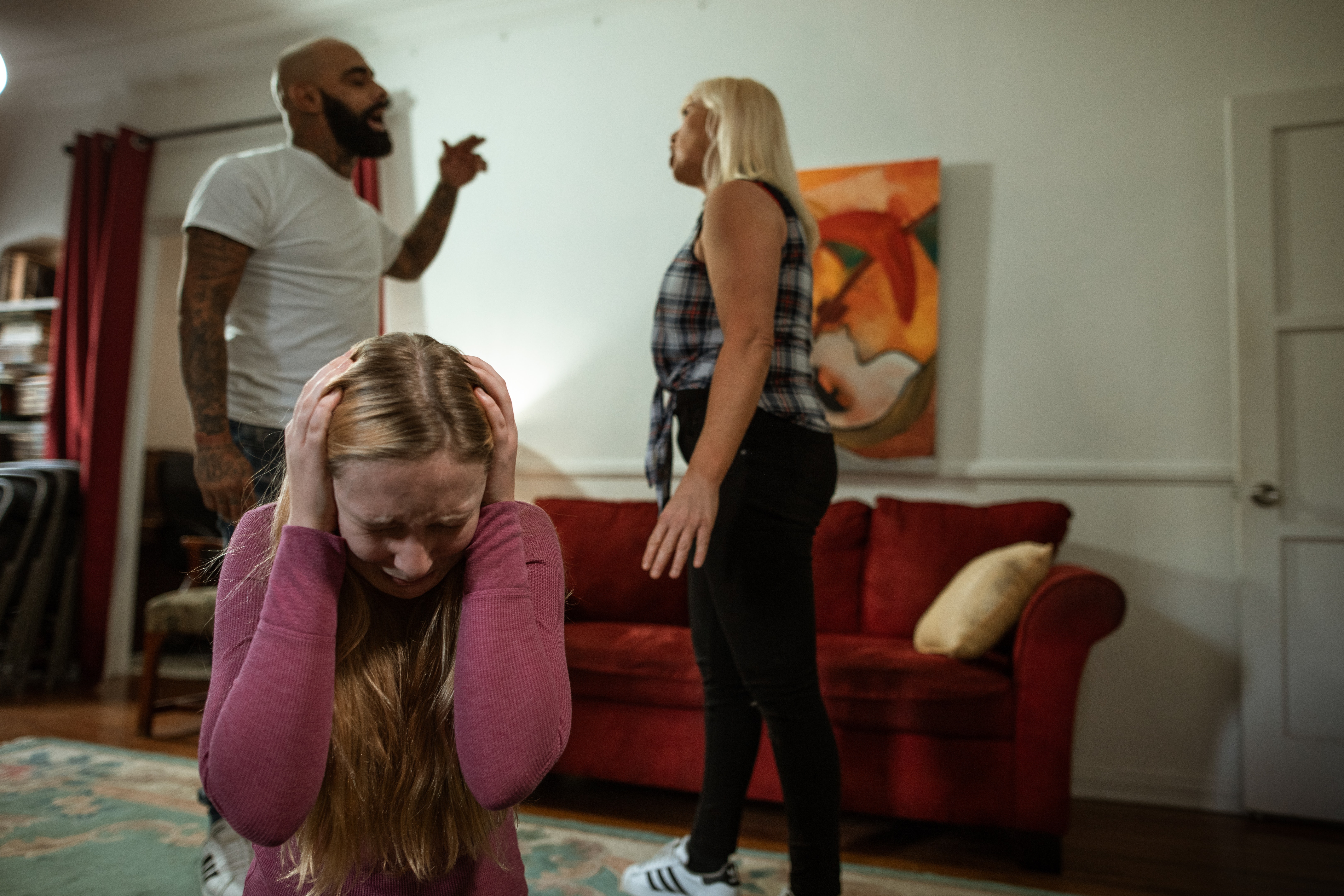How to Heal From Childhood Trauma: Childhood trauma can cast a long shadow over our lives, affecting our emotional, mental, and physical well-being. However, the good news is that healing is possible. In this article, we’ll explore effective strategies to help you reclaim your life and find the path to recovery from childhood trauma.
Understanding Childhood Trauma
Childhood Trauma encompasses a range of experiences, from physical abuse to neglect, emotional manipulation, or witnessing domestic violence. Understanding the different forms of trauma is crucial in the healing process.
Types of Childhood Trauma
Physical Abuse: The impact of physical violence during childhood.
Emotional Neglect: The effects of emotional abandonment and neglect.
Sexual Abuse: Healing from the scars of sexual abuse.
Psychological Abuse: Coping with emotional manipulation.
Recognizing the Impact
Before healing can begin, it’s essential to recognize how childhood trauma has shaped your life. Acknowledging its effects is the first step toward recovery.
At i-Kare Treatment Center, we are dedicated to providing comprehensive addiction treatment services in the state of Florida. Our team of experienced professionals is committed to helping individuals overcome addiction and regain control of their lives.
Emotional Consequences
Anxiety and Depression: Understanding the link between trauma and mental health.
Low Self-Esteem: The impact of childhood trauma on self-worth.
Relationship Struggles: How past trauma can affect your relationships.
Physical Consequences
Chronic Stress: The toll of ongoing stress on your body.
Physical Health Issues: How trauma can manifest in physical ailments.
The Healing Journey
![]()
Healing from childhood trauma is a complex process that requires time and effort. Here’s a step-by-step guide to help you embark on your healing journey.
Seeking Professional Help
Therapy: The benefits of therapy in trauma recovery.
Support Groups: Finding strength in community.
Self-Care and Coping Strategies
Mindfulness and Meditation: Calming the mind and reconnecting with your body.
Creative Expression: Using art and writing as therapeutic tools.
Healthy Lifestyle: The importance of nutrition and exercise in healing.
If you or a loved one is going through a hardship due to substance abuse, call us or Book a Consultation.
Building Resilience
Resilience is the key to overcoming childhood trauma and moving forward with your life.
Forgiveness
Self-Forgiveness: Letting go of self-blame and guilt.
Forgiving Others: The power of forgiveness in healing.
Setting Boundaries
Establishing Healthy Boundaries: Protecting yourself from further harm.
Saying No: Learning to say no without guilt.
Is It Possible to Heal From Childhood Trauma Completely?
Yes, with the right support and strategies, it’s possible to heal and lead a fulfilling life.
How Long Does The Healing Process Take?
The duration varies for each person, but with patience and persistence, progress can be made.
Should I Confront My Abuser as Part of The Healing Process?
Confrontation is a personal choice, and it’s important to prioritize your safety and well-being.
Can I Heal From Childhood Trauma on your own, or do I need Professional Help?
While self-help strategies can be beneficial, seeking professional help is often essential for a complete recovery.
At i-Kare Treatment Center, we are dedicated to providing comprehensive addiction treatment services in the state of Florida. Our team of experienced professionals is committed to helping individuals overcome addiction and regain control of their lives.
What Role Does Self-compassion Play in Healing From Trauma?
Self-compassion is a crucial aspect of healing, as it helps you be kind and understanding toward yourself during the journey.
Conclusion
Reclaiming your life after childhood trauma is a courageous journey. Remember that healing is possible, and you deserve a life filled with happiness, love, and fulfillment.
If you or a loved one is going through a hardship due to substance abuse, call us or Book a Consultation.



